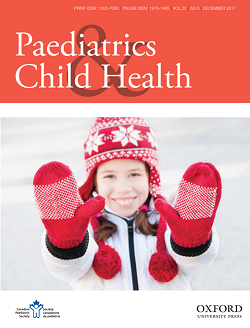The gap between coverage and care—what can Canadian paediatricians do about access to health services for refugee claimant children?
In June 2012, the government of Canada severely restricted the scope of the Interim Federal Health Program that had hitherto provided coverage for the health care needs of refugee claimants. The Quebec government decided to supplement coverage via the provincial health program. Despite this, we hypothesized that refugee claimant children in Montreal would continue to experience significant difficulties in accessing basic health care.
(1) Report the narrative experiences of refugee claimant families who were denied health care services in Montreal following June 2012, (2) describe the predominant barriers to accessing health care services and understanding their impact using thematic analysis and (3) derive concrete recommendations for child health care providers to improve access to care for refugee claimant children.
Eleven parents recruited from two sites in Montreal participated in semi-structured interviews designed to elicit a narrative account of their experiences seeking health care. Interviews were recorded, transcribed, coded using NVivo software and subjected to thematic analysis.
Thematic analysis of the data revealed five themes concerning barriers to health care access: lack of continuous health coverage, health care administrators/providers’ lack of understanding of Interim Federal Health Program coverage, refusal of services or fees charged, refugee claimants’ lack of understanding about health care rights and services and language barriers, and four themes concerning the impact of denial of care episodes: potential for adverse health outcomes, psychological distress, financial burden and social stigma.
Conclusion
We propose eight action points for advocacy by Canadian paediatricians to improve access to health care for refugee claimant children in their communities and institutions.

